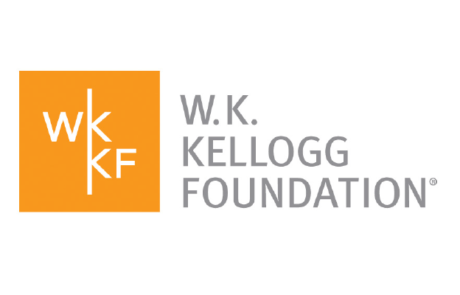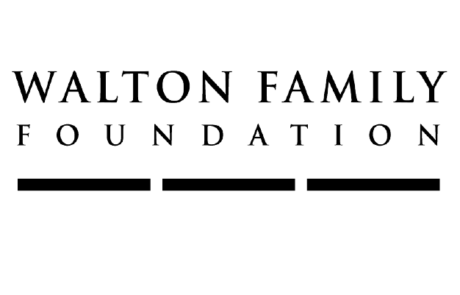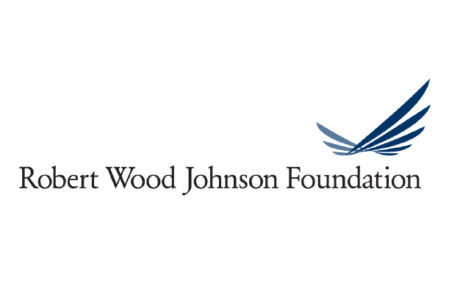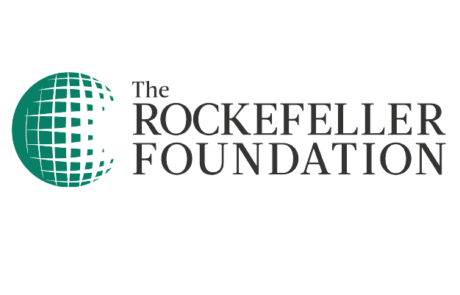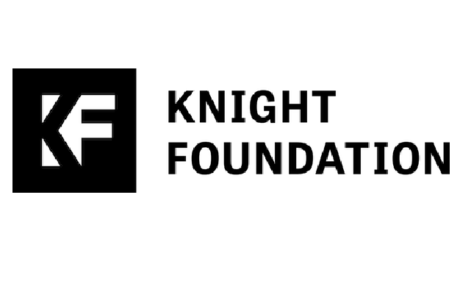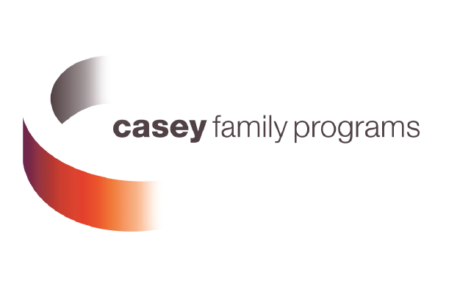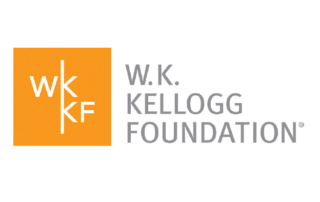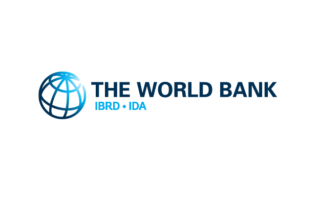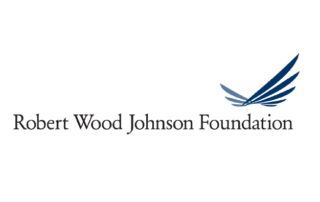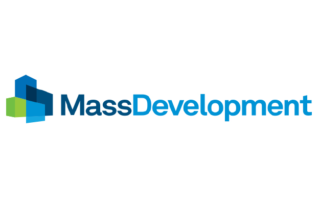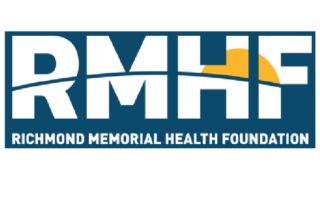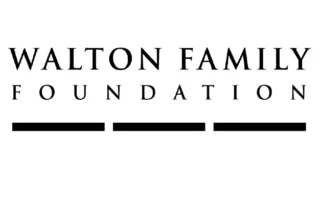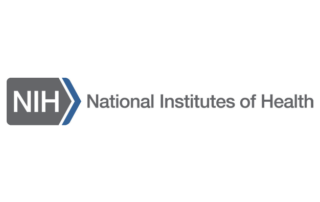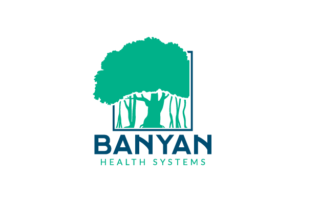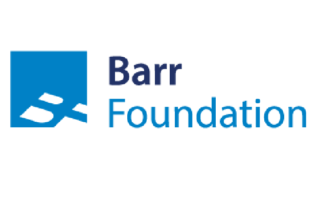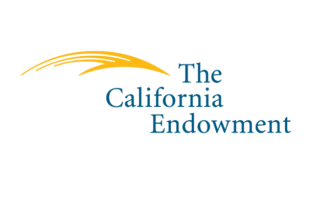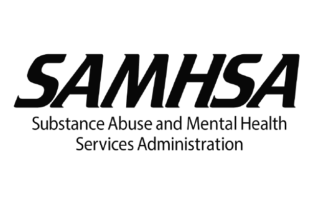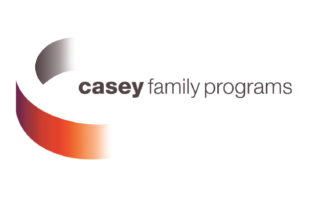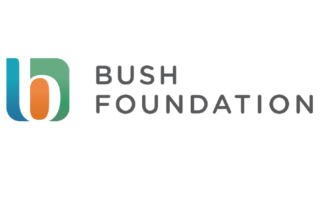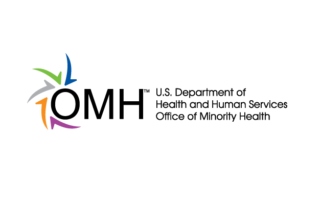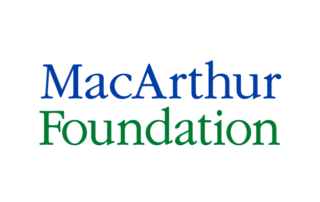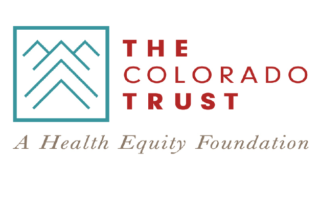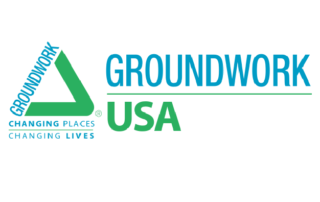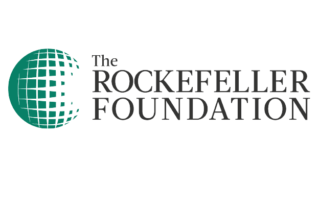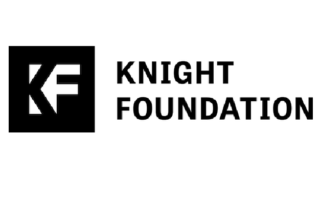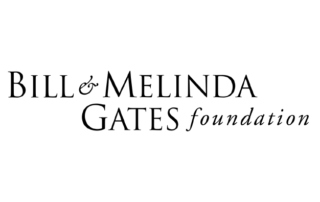Our Clients
We’ve helped a wide-range of foundations, nonprofits and government agencies advance their causes and do more good work with the resources on-hand.
Barr Foundation
Bill & Melinda Gates Foundation
Bush Foundation
CareQuest Institute (formerly known as the Dentaquest Partnership)
C. S. Mott Foundation
Community Foundation for the National Capital Region
The de Beaumont Foundation
Eugene and Agnes E. Meyer Foundation
Ewing Marion Kauffman Foundation
Ford Foundation
The Fannie Mae Foundation
The Kresge Foundation
M. S. Eisenhower Foundation
John S. and James L. Knight Foundation
John D. & Catherine T. McArthur Foundation
Mellon Foundation
New Venture Fund – National Collaborative for Health Equity
Obama Foundation
Pew Charitable Trusts
Prince George’s County Community Foundation
Robert Wood Johnson Foundation
Telluride Foundation
The Colorado Trust
W. K. Kellogg Foundation
Walton Family Foundation
William Penn Foundation
Active Voice
American Geophysical Union
Center for Community Change
Center for Community Progress
CFLeads
Changemakers
Community Anti-Drug Coalitions of America
Fair Food Network
FoodCorps
Funders Collaborative for Youth Organizing
The Harwood Institute
Institute for Nonprofit Practice
Interaction Institute for Social Change
Living Cities
Local Initiatives Support Corporation
Low income Investment Fund
National Academy of Sciences
National Arts Strategies
National Coalition Building Institute
National Crime Prevention Council
National Funding Collaborative on Violence Prevention
National Minority AIDS Council
National Neighborhood Coalition
UnidosUS
Wholesome Wave
Winrock International
Association of Baltimore Area Grantmakers (MD)
Atlanta Wealth Building Initiative AWBI (GA)
The Central Valley Community Foundation (CA)
Citizens Committee for New York City (New York, NY)
Community Development Support Collaborative (Washington, DC)
Community IMPACT! (Washington, DC)
Community Ministries of Montgomery County (Montgomery County, MD)
Crime Victim Services (Allen and Putnam Counties, Ohio)
DC Agenda (Washington, DC)
Foreign Born Information and Referral Network (Howard County, MD)
Institute for Public Health Innovation
Northwest Pennsylvania Job Connect (PA)
Shreveport-Bossier Community Renewal (LA)
Washington Area Partnership for New Citizens (Washington, DC)
Women’s Community Revitalization Project (Philadelphia, PA)
Bureau of Primary Health Care, Department of Health and Human Services
Center for Mental Health Services/HHS
Center for Substance Abuse Prevention
Centers for Disease Control and Prevention
Corporation for National and Community Service
Department of Housing and Urban Development
FoodCorps
Indian Health Service
National Cancer Institute
National Institute of Justice
Office of Juvenile Justice and Delinquency Prevention (Department of Justice)
Office of Minority Health
Office of National Drug Control Policy, Executive Office of the President
Substance Abuse Mental Health Services Administration (SAMHSA)
Department of Health, Office of Minority Health, New York State
Montgomery County (Collaboration Council on Children, Youth, and Families), Maryland
Montgomery County Department of Health and Human Services (MD)
Office of the Governor, State of Colorado
Office of the Governor, State of Mississippi
Office of Systems Management, Fairfax County (Virginia)
Port of Portland (OR)
Philadelphia Empowerment Zone (Philadelphia, PA)
Queen Anne’s County, Community Partnership for Children (Maryland)
Institute for Policy Studies, John Hopkins University
Center for Urban Policy Research, Rutgers University
George Mason University
University of Maryland
Workgroup on Health Promotion and Community Development, University of Kansas
American Evaluation Association
American Psychological Association
Banyan Communications
Battelle Institute
Westat
Children International
Habitat for Humanity International
The World Bank Group

